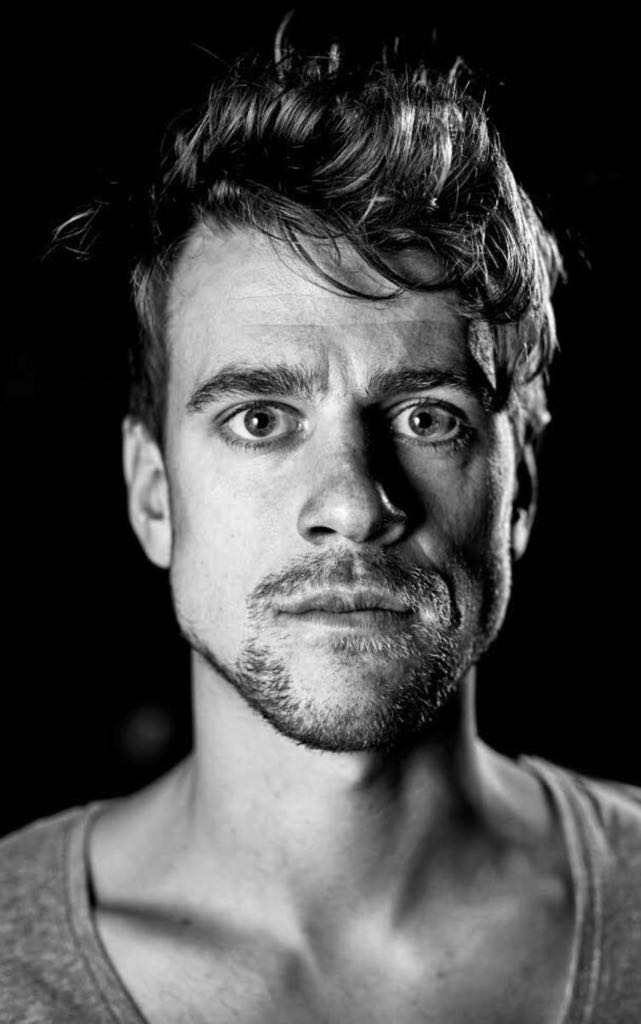Lighter, more aero bikes and marginal gains are everywhere. All coming at a cost and a questionable performance benefit. If you upgraded your bike for non-performance reasons such as style and prestige, you can happily stop reading and continue on admiring your dream of carbon and speed on two wheels. It’s a 100% worth it!
For those of you, who consider investing for the sake of a performance benefit, the following might be worth a read and maybe you end up investing money in a coach, rather than a new frame.
When working with amateur athletes, there’s often the question of what one can invest to make the bike faster, both on the road and off-road. Compared to pros who are more or less set with what their team is sponsored with. Not many bikes on the pro tour are close to the UCI weight limit of 6,8kg. There are some lists out there published by cycling channels like GCN who show that most of the world tour bikes are in fact around 7,5kg race ready without bottles. Of course, the hunt for aero benefits at 50km/h favor shape over weight, but is that beneficial for my Rider Joe who averages 25km/h in a marathon race in the Alps?
For the sake of the argument, very simplified and not taking all parts into the equation, here’s a calculation for a brand that offers 2 frameset options with identical shape.
Model sl8 s-works: 6,85kg for €14000,-
Model sl8: 7,44kg for €9000,-
(Weights and prices according to the manufacturer’s website, www.specialized.com)
Both bikes feature the same geometry and same rim depth of 51mm at the front and 60mm in the rear and internal width of 21mm. Again, for a simplified calculation we consider no aerodynamic benefit between the two models. And I hardly doubt that there is any in real life.
That leaves us with a 600g weight difference at a cost of 5k. Or in other words, 37 months of coaching at my rate.
My Rider Joe, who weighs 80kg, averages 250w up a 10% gradient for 10 kilometers would need around 63 minutes and 46 seconds with the s-works model. Assuming he rides in the same position, uses the same tires and tire pressure and wears the same kit, just switching to the +600g bike would result in a time of 64 minutes and 11 seconds for the same climb. That’s a 25 second benefit on 1000m of elevation gain. Or close to 2 minutes over the duration of the Ötztaler Radmarathon.
If Joe averages 252w on the same climb (yes, just 2w more on average) he finishes the climb on the heavier bike in 63 minutes 41 seconds. Same time as the lighter bike and 250w average.
To what extent a coach can improve your average power output over a certain time is always hard to put down in numbers. For novice riders, a 10% increase in performance can be realistic whereas for a very well adapted endurance athlete an increase of just 1% is sometimes a real struggle and takes weeks or even months. From my experience, an average athlete with a functional threshold power of around 3,5w/kg can improve somewhat around 5% over the course of 3 months preparation. Certainly, that does not apply to each and everyone, it’s just an estimate and talking from experience.
To finish this argument, if Joe works 6 months with me, it will cost him €923,-. Best case, he improves from a 250w (3,15w/kg) average to 265w average (3,31w/kg) on the afore mentioned climb. That will get him a time of around 60 minutes and 40 seconds with the heavier bike. Roughly 3 minutes faster over one climb and 16,5 minutes over the climbs of the Ötztaler Radmarathon compared to the light bike. And he still has 4k in his pocket.
Bottom line: if you are looking to go faster, a structured workout calendar might be an option to consider and not the newest lightweight seatpost to shave off 25g of your bike. And there’s more to a coach than just a training schedule. A good coach might also provide nutrition guidelines and pacing strategies for your race days. Mostly leading to a faster finishing time.
Instead of chasing grams, why not chase gains?
Let’s face it: real performance improvements don’t come from shedding grams off your frame (looking at the newest trend of scaping off paint of a frame for 70 hours to safe 50g). If you’re serious about becoming a faster, stronger cyclist, it’s time to invest in personalized coaching.
Note: I’m using various calculators available in the www to get an idea of the efforts and demands of a certain distance and climb. It’s important to note that all those calculators represent an estimated time, as they try to put rolling resistance and position on the bike in the equation and that’s the tricky part. For some calculators you can even add the status of your chain into the equation. The essential part of all those calculations is that the difference in weight is not as significant as one might expect.


